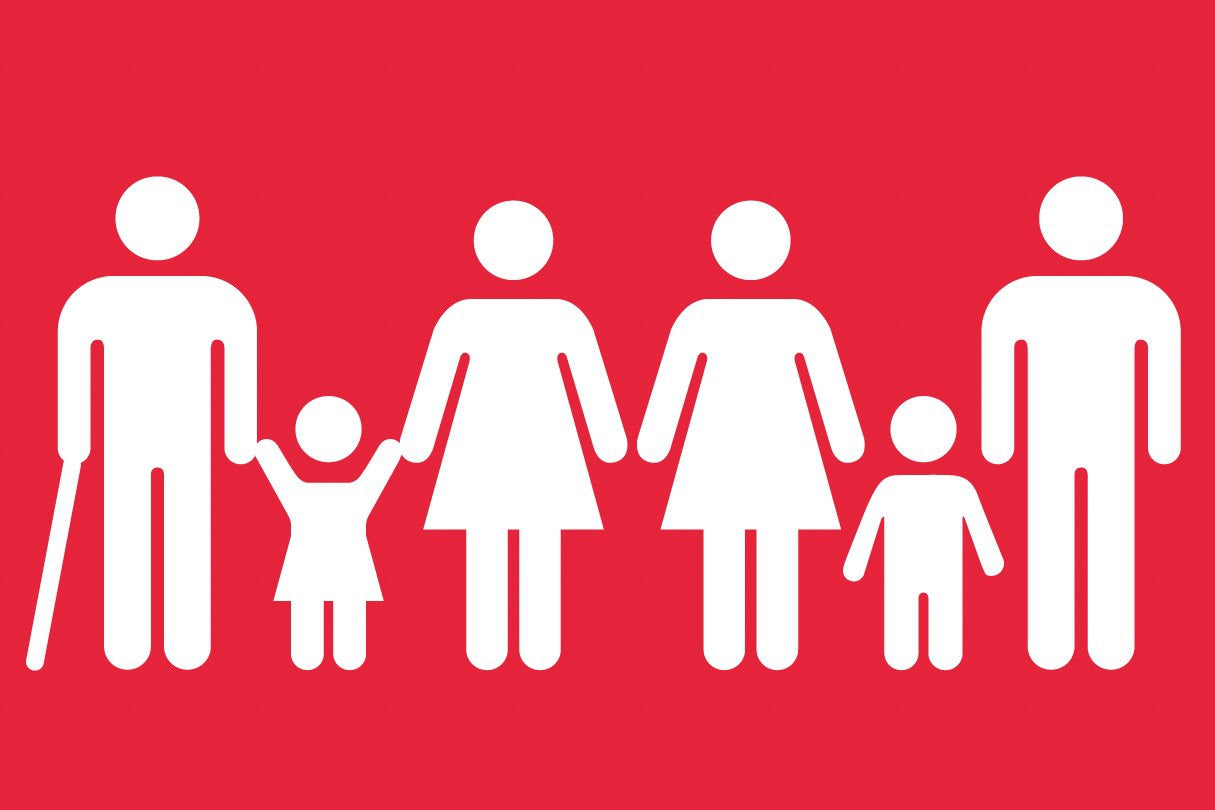(Un)ethical side of the fashion industry: modern slavery, destitution, and perilous working environment

The glamourous side of the fashion industry is visible to all of us. Fashion models walking on the ramp, being photographed for magazines, wearing the most stylish clothes are familiar sights. In today’s digital era, we see influencers and fashion models flaunting their dresses. However, we only get to learn very little about the origin of the clothes they wear and those who make them. The fast fashion industry is heavily lopsided towards unethical business practices. While the big fashion brands earn billions as profits – they hardly spend a fraction of their earnings on the people who make their products. As a result of this greed for profit – the workers suffer. The fashion industry is abundant with stories of modern slavery and exploitation of the workers to the point of misery.
It is often said that slavery is a thing of history – however, it evolved. Modern-day slavery is invisible to most people as it usually wears a different face. Children, especially girls, women and immigrants, are often trapped into slavery, as they are vulnerable. Globally, there are millions of people trapped in slavery. We wouldn’t name or shame anyone but would encourage a simple web search to uncover for you the big names in the fashion industry that have violated fundamental human rights and participated in slavery. According to Walk Free Foundation, modern slavery is defined as “a state of a person who is exploited but not able to refuse the situation because of threats, violence, coercion, deception, abuse of power”. Modern slavery also includes forced labour, human trafficking, debt bondages, forced marriage, sale, and exploitation of children.
Many countries, especially the developing ones with weak legislation in the far-east and south Asia, are rife with stories of workers forced to work overtime, seven days a week, without breaks and inadequate remuneration. Wholly, as slaves. Most of the time, these include underage labour who are exploited due to their poverty-stricken backgrounds. While slavery isn’t just limited to factories, the overall supply chains, including farmers and fulfillers, present daunting stories of unethical practices and exploitation. In addition, there have been instances where workers have been forcefully told to work for minimal wages under extreme circumstances.
Human rights are given more importance today than ever before, but only in developed parts of the world. Regulations and checks are strict and unethical practices are not tolerated. However, manufacturers and brand owners from developed nations outsource their production to developing countries to exploit loopholes of the system and weak legislation.
Another malpractice that factory owners employ is not adhering to living wages and rather minimum wages. Since the cost of living is much higher in those areas, the factory owners evade by paying minimum wages set by the regulatory bodies – often corrupt to the core. This way, the workers are left with no choice but to accept what is provided, while the factory owners and big fashion brands earn billions.

The United Nations’ first Sustainable Development Goal is to end poverty in all its forms everywhere. Achieving this would end extreme poverty globally by 2030.
Poor workers and their families suffer due to the unethical practices of their factory owners. Such approaches harm local communities, the economic development of those regions and push workers to the extremes of poverty. They often struggle to have two full meals a day. Society has an overall negative impact. It is estimated that modern slavery practices make $150 billion illegal profit.
Factories that exploit their workers through slavery, low wages, overtime, and zero breaks do not consider a healthy and safe working environment for their workers. There is often poor ventilation, no fire extinguishers, and even when fire exits exist – they are always obstructed with heavy objects to save space. There have been numerous cases where many factory workers have been killed due to fire incidents in many textile factories in Bangladesh. Moreover, factory workers are overworked to the point of injury and given painkillers and medicines to keep working for extended hours. Again, such practices are common in places where safety standards are weakly enforced, and thus the workers are exploited.

The United Nations’ eighth Sustainable Development Goal is to promote sustained, inclusive and sustainable economic growth, full and productive employment and decent work for all.
While the developed world celebrates equality and freedom, the poor are subject to exploitation in the name of profit. Slavery and poor working conditions are a gross violation of human rights but are rarely known to consumers of high-end apparel. It is difficult to trace each step of the supply chain, but not impossible. Companies that practice fair trade and ethicality are transparent about their supply chains to their consumers, from sourcing to production. There are certification bodies that testify fair-working conditions of workers, besides certifying environmental impact. The whole process of fair working conditions involves having stricter regulations, enforcement, active civil society, vigilant NGOs, and honest academia.
From a consumer’s perspective, we must combat such malpractices by doing conscious and thorough research on our brand’s ethical sourcing practices; the information is often available on the company’s website. We must make sure that they have ethical ways of doing business and that no one is exploited or forced to work, and the environment provided to them is safe and healthy. Having fair conditions for factory workers might reduce factory owners’ profit. However, such an environment leads to healthy and prosperous communities, improves the local economy, and contributes towards economic development – all of it with a clean conscience!






Leave a comment